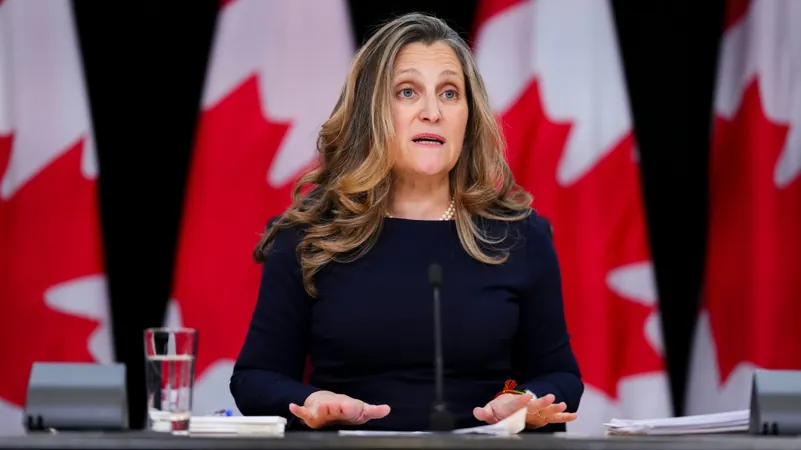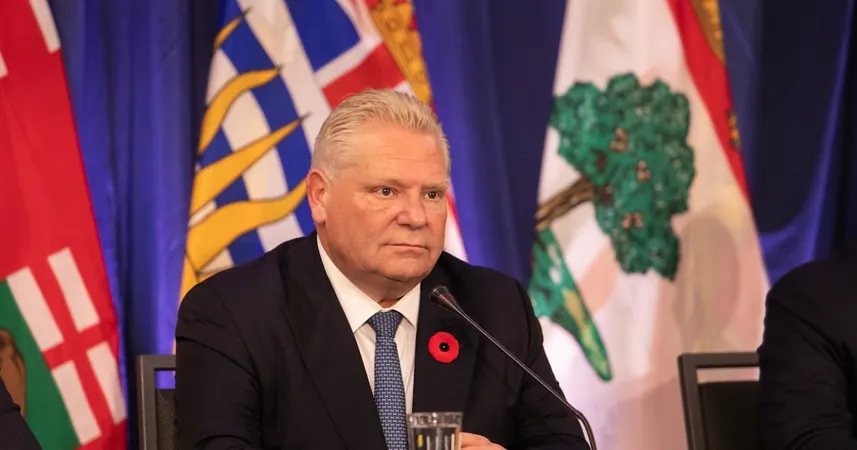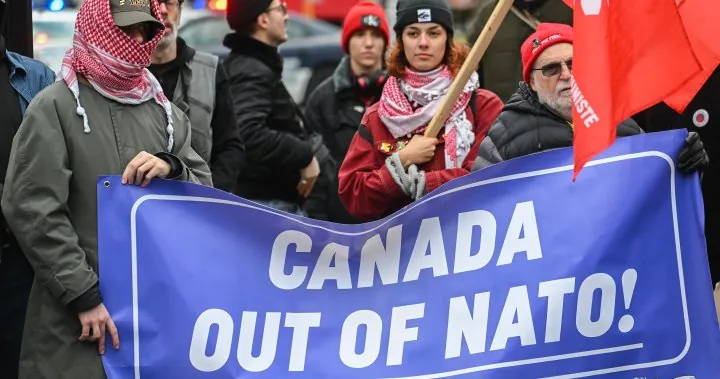
Will Canada’s Two-Month GST Holiday Actually Revive Consumer Confidence Amid 'Vibecession'?
2024-11-25
Author: Olivia
Ottawa -
In a bid to combat the growing feelings of economic unease among Canadians, dubbed a “vibecession,” Finance Minister Chrystia Freeland announced a temporary suspension of the Goods and Services Tax (GST) on a range of products set to begin on December 14. This initiative comes as part of the federal government's strategy to ease the financial strain many families are feeling despite recent positive shifts in inflation and interest rates.
Prime Minister Justin Trudeau highlighted the GST holiday's role in rekindling consumer spending in light of citizens' ongoing concerns about affordability. In a recent press conference, Freeland emphasized the disparity between economic data and the lived experiences of Canadians. "One of the positive impacts of this measure is to help Canadians get past that vibecession because how Canadians feel really does have a real economic impact,” she stated.
The GST relief will apply to essential items such as children's clothing, shoes, diapers, and even the beloved holiday staples like Christmas trees, whether natural or artificial. Additionally, snacks, beverages, and video game consoles will benefit from this tax cut, aimed at giving families a little extra financial breathing room amid the holiday season.
To further assist those financially impacted by rising prices, the government plans to distribute $250 checks next spring to working Canadians earning up to $150,000 in 2023. Trudeau acknowledged at a recent event that while inflation rates are declining and interest rates are easing, many Canadians still grapple with high living costs. "We may not be able to tackle every checkout price directly, but we can certainly enhance the financial resources available to families," he remarked.
The combined cost of the GST waiver and additional cash payouts is projected to be approximately $6.3 billion, igniting discussions among economists who question the effectiveness of such measures. Critics argue that this approach might not significantly bolster economic growth or productivity. Jean-Yves Duclos, Procurement Minister and former economics professor, defended the temporary measures, asserting, “This is a temporary measure which acknowledges that despite all the wonderful economic news, the average Canadian doesn’t yet feel that good news.”
Amidst this backdrop, BMO has raised its growth forecast, estimating a 0.3 percent GDP boost from this stimulus. However, BMO senior economist Robert Kavcic noted in a report, “It will do little to change economic behavior, or even address the fundamental issues of productivity and affordability compared to more permanent measures like income tax reductions.
As Canada navigates this uncertain economic landscape, the effectiveness of these temporary relief measures remains a hot topic among citizens and economists alike. Will they truly lift the spirits of Canadians trapped in a vibecession? Only time will tell, but this holiday season could be pivotal in shaping consumer sentiment across the country.









 Brasil (PT)
Brasil (PT)
 Canada (EN)
Canada (EN)
 Chile (ES)
Chile (ES)
 España (ES)
España (ES)
 France (FR)
France (FR)
 Hong Kong (EN)
Hong Kong (EN)
 Italia (IT)
Italia (IT)
 日本 (JA)
日本 (JA)
 Magyarország (HU)
Magyarország (HU)
 Norge (NO)
Norge (NO)
 Polska (PL)
Polska (PL)
 Schweiz (DE)
Schweiz (DE)
 Singapore (EN)
Singapore (EN)
 Sverige (SV)
Sverige (SV)
 Suomi (FI)
Suomi (FI)
 Türkiye (TR)
Türkiye (TR)